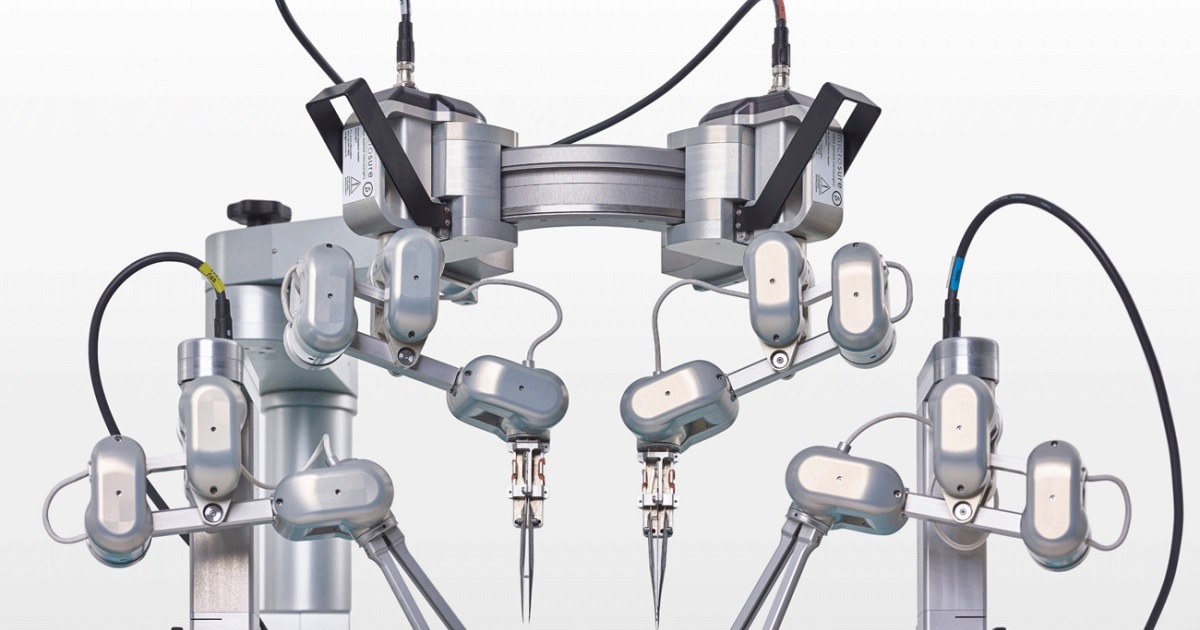
The global market for rheumatoid arthritis treatments is expected to grow at a CAGR of...
Learn More
Our consulting solutions address company specific challenges with respect to micro environment...
Learn More
Organizations frequently need day-today research guidancein order to gain strategic...
Learn More
Exploring different areas of market research and market analysis is a key factor...
Learn MoreAcute Market Reports presents the most extensive global business research services across industries. Our research studies focus on potential outcomes, benefits, and risks associated with each market segment across geographies. Having served our global clients for more than 10 years, our prime priority is to enable our clients in making well-informed business decisions through a data-driven, analytical, and uncomplicated research approach.
We provide access to the world's most comprehensive, analytical, and updated business intelligence services and solutions.




The polycarbonate sheet market is expected to grow at a CAGR of 4.7% during the forecast period of 2025 to 2033, driven by diverse applications, including building and construction, automotive, and packaging. However, the market faces challenges rela...
Read More
The bakeware market is a dynamic and evolving sector that caters to the needs of both commercial and household consumers. The bakeware market is expected to grow at a CAGR of 6% during the forecast period of 2025 to 2033, driven by changing consumer ...
Read More
The microsurgery robot market is experiencing rapid growth, primarily driven by technological advancements in robotic systems, increasing demand for minimally invasive surgeries, and rising incidences of chronic diseases requiring surgical interventi...
Read More




